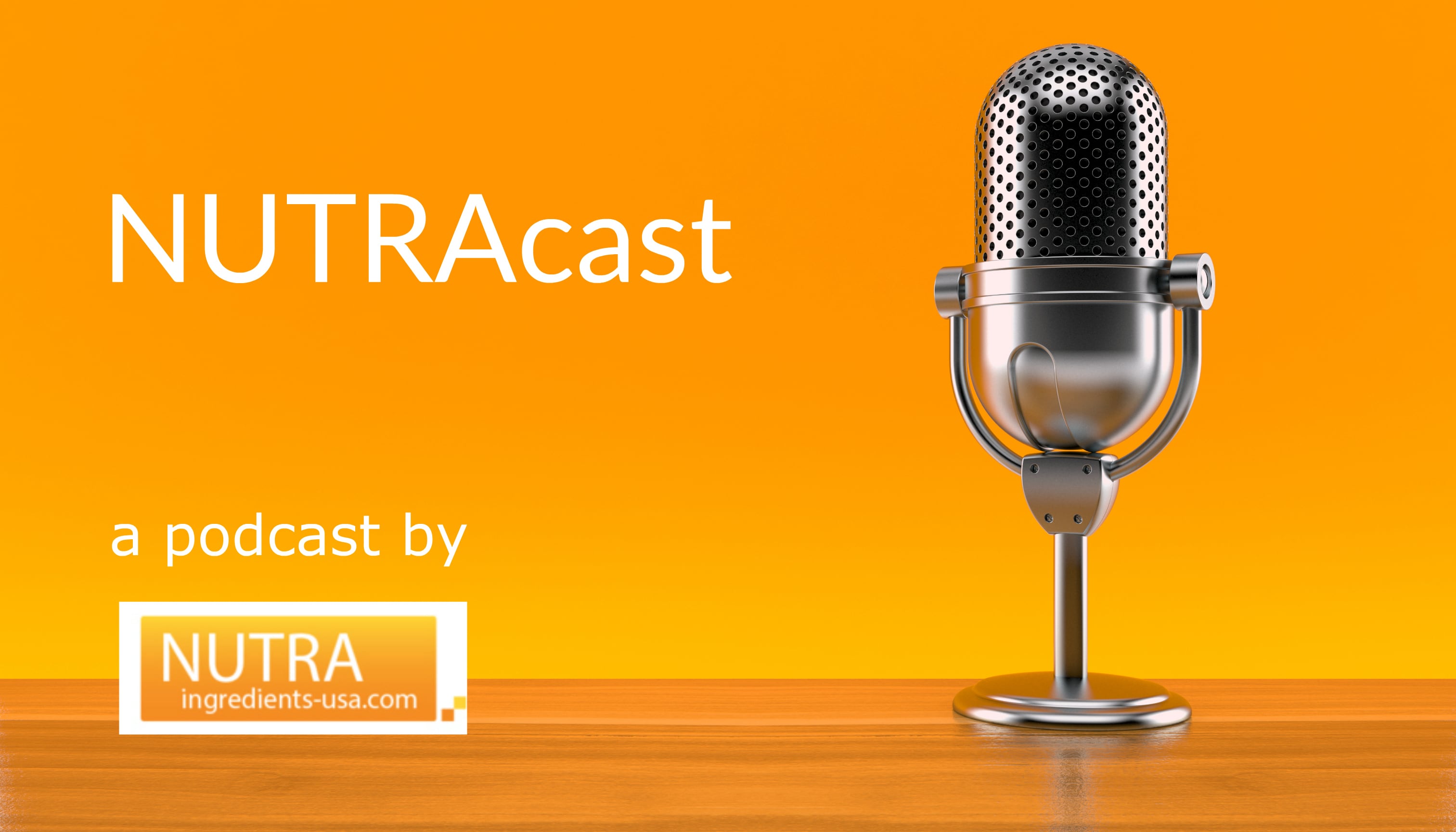With the vast majority of our immune system living inside our guts, it’s no wonder gut health is top of mind for consumers. Probiotics have gained a lot of attention lately and more recently, so have prebiotics. But what about postbiotics?
If scientists can’t agree on the definition, how are consumers supposed to grasp the concept?
“To be honest, we’re missing the forest for the trees,” said Matt Titlow, CEO, Compound Solutions. “If we have a definition of postbiotic and one debates one definition versus another, we're missing the fact that people need these and people are deficient in fiber and making short chain fatty acids. And we're missing the fact that people are suffering from IBS or IBD or just constipation and we're just going back and forth on a definition that is really irrelevant when we actually have someone who really needs short-chain fatty acids, people who really need postbiotics instead of like focusing on a definition, focus on helping.”
Don’t say postbiotic
“I think that scientists, researchers, and ISAAP are facing irrelevance if they actually don't connect to the consumer and if the consumer is biotic-fatigued, then they just need to say the word, like, gut health, then say the word ‘gut health’ while all the researchers debate, whether it's a probiotic, a prebiotic or a postbiotic,” said Titlow. “So from a consumer standpoint, just say gut health. If you're a brand, you're a marketer, just say, ‘gut health.’ Don't say the word ‘postbiotic.’ And just render all the researchers and all the fights about definitions moot and simply sell what the consumer needs or wants, which is gut health, which is like gut 360, gut all-in-one, regularity, anti-bloating, things that we all know.”



